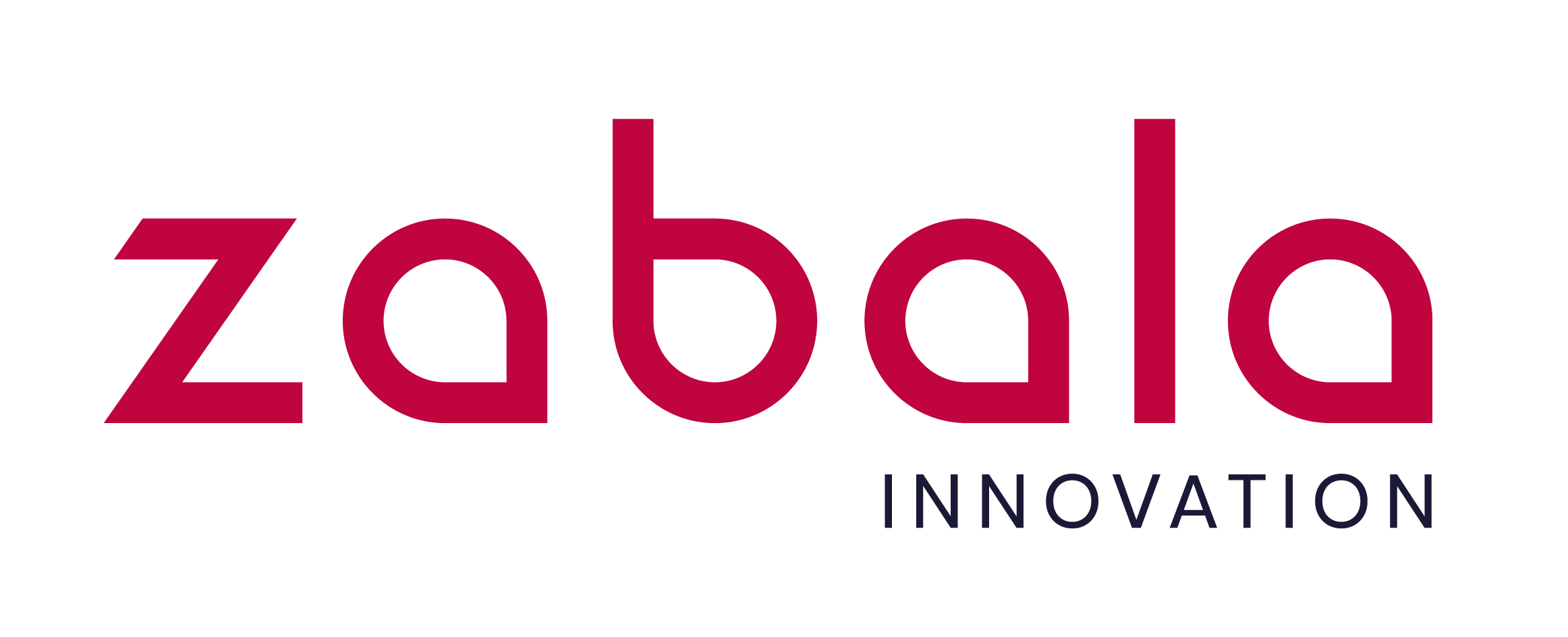In our upcoming article, we will explore how the combination of RFID and the Internet of Things is shaping essential applications that are revolutionizing industries.
Key RFID-Based Applications for the Internet of Things
In today’s world, where technology is advancing rapidly, RFID (Radio Frequency Identification) and the Internet of Things (IoT) have emerged as two cutting-edge technologies with a wide range of essential applications. Both RFID and IoT have revolutionized various industries, enabling increased connectivity, improved efficiency, and streamlined processes. This article explores the essential applications of RFID and IoT, highlighting their importance in transforming businesses and everyday life.
The Fundamentals of RFID
RFID technology uses electromagnetic fields to automatically identify and track tags attached to objects. These tags contain electronically stored information that can be accessed wirelessly, allowing for real-time data capture and analysis. The basic components of an RFID system include tags, readers, and a database.
Applications in Supply Chain Management
RFID has proven to be a paradigm shift in supply chain management, offering unprecedented visibility and traceability. With RFID tags attached to products, companies can track their inventory in real time, optimizing stock levels, reducing waste, and improving overall supply chain efficiency. Additionally, RFID technology enables quick and accurate order fulfillment, reducing human errors and minimizing operational costs.
Enhancing Retail Operations
In the retail industry, RFID has transformed various operations such as inventory management, theft prevention, and customer interaction. With RFID tags integrated into products, retailers can conduct fast and accurate stock counts, reducing the time spent on manual inventory counting. This real-time visibility of inventory levels allows for efficient restocking, avoiding out-of-stock situations and ensuring optimal product availability for customers.
Furthermore, RFID-enabled anti-theft systems enhance security in retail stores. By receiving real-time alerts when an unauthorized product leaves the premises, retailers can prevent losses and deter potential theft. In addition to security benefits, RFID technology enables interactive experiences for customers. Smart mirrors equipped with RFID readers can display product information when customers take tagged items to the fitting room, enhancing interaction and personalization.
Revolutionizing Healthcare
RFID technology has revolutionized healthcare by enhancing patient safety, optimizing operations, and improving asset management. RFID tags attached to patient wristbands enable precise identification, reducing the risk of medical errors in hospitals. Smart cabinets equipped with RFID readers track medication usage, ensuring proper dosage and minimizing the chances of running out of stock.
Furthermore, IoT-enabled RFID sensors monitor the status and location of critical medical equipment, allowing efficient asset tracking and preventive maintenance. This not only saves costs but also enhances patient care by ensuring the availability of necessary equipment at all times.
Smart Cities and IoT
The Internet of Things, in conjunction with RFID technology, plays a crucial role in creating smart cities. By integrating RFID tags and IoT sensors into urban infrastructure, cities can collect real-time data to enhance traffic management, waste handling, and energy consumption. For example, RFID-enabled toll systems enable seamless automatic collection, reducing congestion and improving traffic flow.
Moreover, smart waste management systems enabled with IoT optimize waste collection routes based on real-time fill data from RFID-tagged containers. This not only reduces costs and environmental impact but also enhances cleanliness and overall efficiency.
Enhancing Manufacturing Efficiency
RFID and IoT have had a significant impact on the manufacturing sector, improving efficiency, productivity, and quality control. By using RFID tags on raw materials and components, manufacturers can track their movement throughout the production process, ensuring timely availability and avoiding bottlenecks.
Furthermore, IoT-enabled RFID sensors facilitate predictive maintenance by monitoring the health of machines and detecting potential failures before they cause downtime. This proactive maintenance approach reduces unplanned disruptions, decreases maintenance costs, and optimizes production schedules.
RFID and IoT have become indispensable technologies in various industries, revolutionizing supply chain management, retail operations, healthcare, smart cities, and manufacturing. The essential applications of RFID and IoT have led to improved efficiency, increased connectivity, and transformed business paradigms. As these technologies continue to evolve, their potential to optimize operations and enhance everyday life will continue to grow. Embracing and harnessing the power of RFID and IoT will undoubtedly shape the future of many industries, leading to a more connected and efficient world.
Contact us for more information focused on your needs. If you wish to receive information about RFID technology, subscribe to our magazine.






